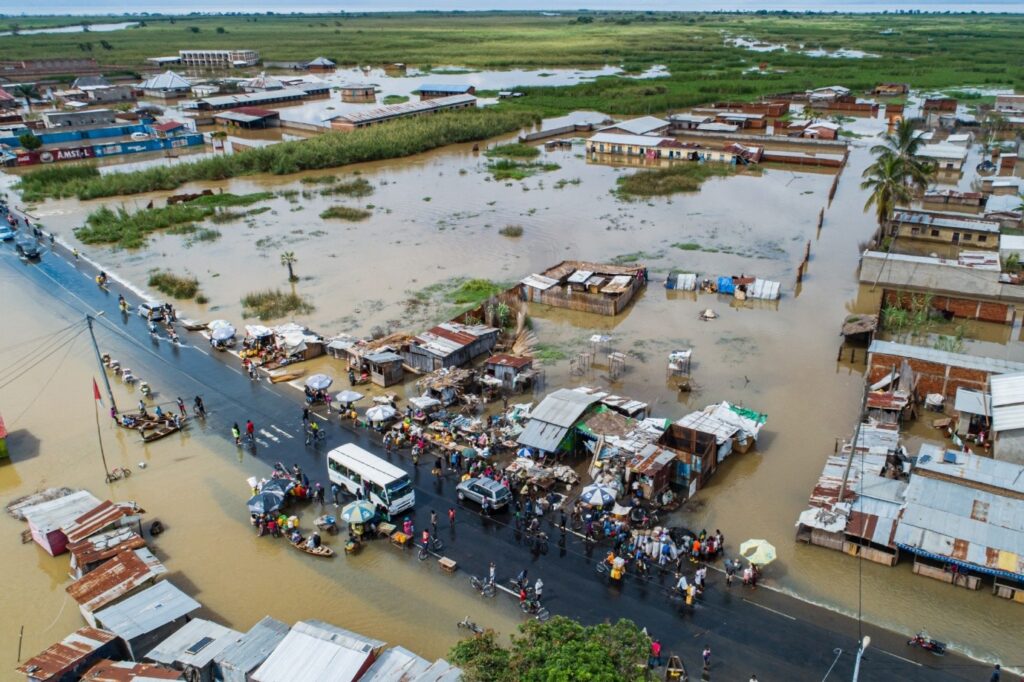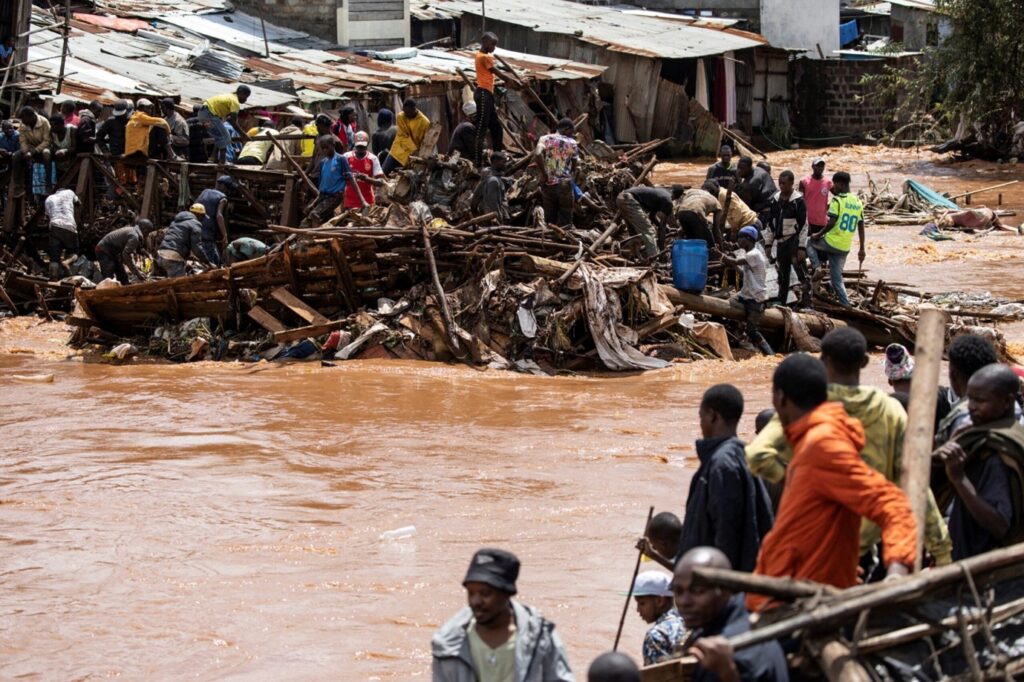- Home
- Projects
Projects
1. Hydroclimatic Modeling of Lake Victoria – 2024
- Client: European Union, MCA Funding.
- Overview: Developed the Lake Victoria Integrated Water Balance Model (LaVIWaB) to simulate hydrological responses and flood risks under climate extremes.
- Partnerships: WEC Nature – VUB – ICPAC.
- Impact: Enhanced flood early warning for >40 million riparian residents; informed policy and adaptation planning.


2. Seasonal Drought Monitoring and Mapping in Kenya (2000–2024) – 2025
- Client: NDMA Kenya
- Overview: Combined satellite data (MODIS NDVI, CHIRPS, LISFLOOD) with Combined Drought Indicators to map drought dynamics and persistence.
- Role: PI; data analysis and spatial mapping.
- Impact: Supported early warning systems and climate resilience planning across drought-prone regions in Kenya.
3. Lake Tanganyika Basin Flood Risk Assessment – 2023.
- Client: Lake Tanganyika Authority / Regional Governments.
- Overview: Applied hydrological modeling and satellite imagery to quantify flood risks and forecast extreme events in the Lake Tanganyika Basin.
- Partnerships: WEC Nature – Regional hydrological agencies.
- Impact: Identified high-risk communities and supported regional early warning systems, improving disaster preparedness.


4. Integrated Wetlands Restoration and Conservation Program – Kenya – 2023.
- Client: UNEP / National Wetlands Authority.
- Overview: Designed and implemented wetland restoration strategies,
combining hydrological modeling, biodiversity surveys, and community-based
conservation practices.
- Impact: Restored > 500 hectares of wetlands; enhanced ecosystem services, improved water quality, and supported local livelihoods.
5. Urban Flood Management and Early Warning System – Nairobi Pilot (new project).
- Client: Nairobi City County / World Bank.
- Overview: Developed urban flood risk models and community early warning tools for Nairobi’s flood-prone areas.
- Impact: Reduced urban flood vulnerability by identifying hotspots and informing drainage management interventions.

Cart (0 items)

